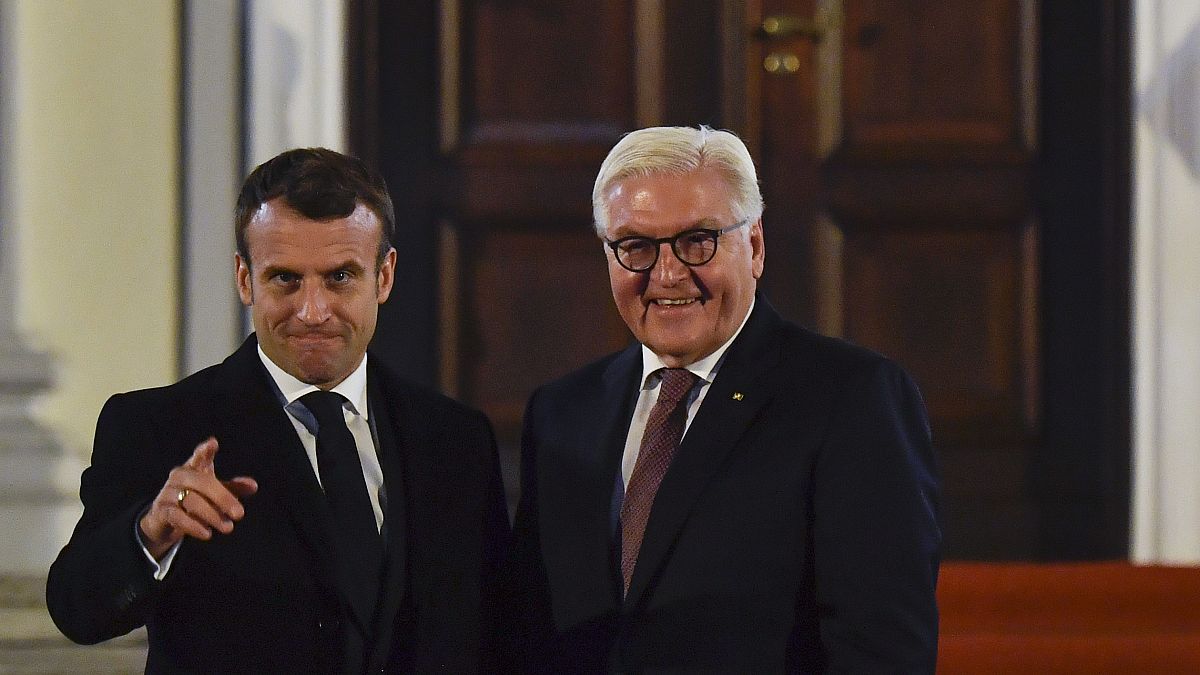French President Emmanuel Macron is set to visit German President Frank-Walter Steinmeier in Berlin, marking a significant gesture of diplomatic courtesy. This state visit, the first of its kind by a French president in 24 years, aims to reinforce the strong Franco-German bond and to find common ground on key issues such as technology, innovation, and democracy. The visit also comes at a critical time, with the rise of far-right parties in the upcoming EU elections, prompting the need for a united European front.
The visit will include stops in Berlin, Dresden, and Münster, as well as commemorating the 75th anniversary of the German constitution and a visit to the Holocaust Memorial. This will be followed by a Franco-German council of ministers with Chancellor Olaf Scholz. Despite the cancellation of a planned visit by Macron last year due to riots in France, this visit is seen as a positive step by some in Berlin, who support Macron’s policies but are wary of military involvement in Ukraine.
One of the central themes of the visit will be the discussion of nuclear power, with Germany having shut down its last nuclear power plant in 2023, while France relies heavily on nuclear energy. The issue of countering the rise of the far-right in both countries will also be on the agenda, as well as efforts to revitalize the Franco-German relationship. This visit is seen as an opportunity to strengthen cooperation between the two countries on key issues facing Europe.
Despite tensions in the region, Macron has not ruled out the possibility of sending ground troops to Ukraine, a move that would be met with concern by Germany. The visit is taking place amidst growing uncertainty in Europe, with Eurosceptic parties gaining momentum in the upcoming EU elections. This has prompted both France and Germany to focus on presenting a united front and demonstrating the importance of European unity in the face of challenges.
Overall, the state visit of President Macron to Germany represents a significant step in reaffirming the close ties between the two countries and addressing key issues facing Europe. By engaging in discussions on technology, innovation, democracy, and countering the rise of the far-right, Macron and Steinmeier aim to strengthen cooperation and solidarity between France and Germany. This visit also serves as a reminder of the importance of European unity and solidarity in the face of growing challenges in the region.










